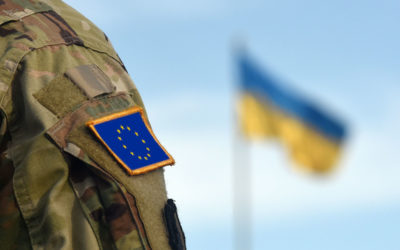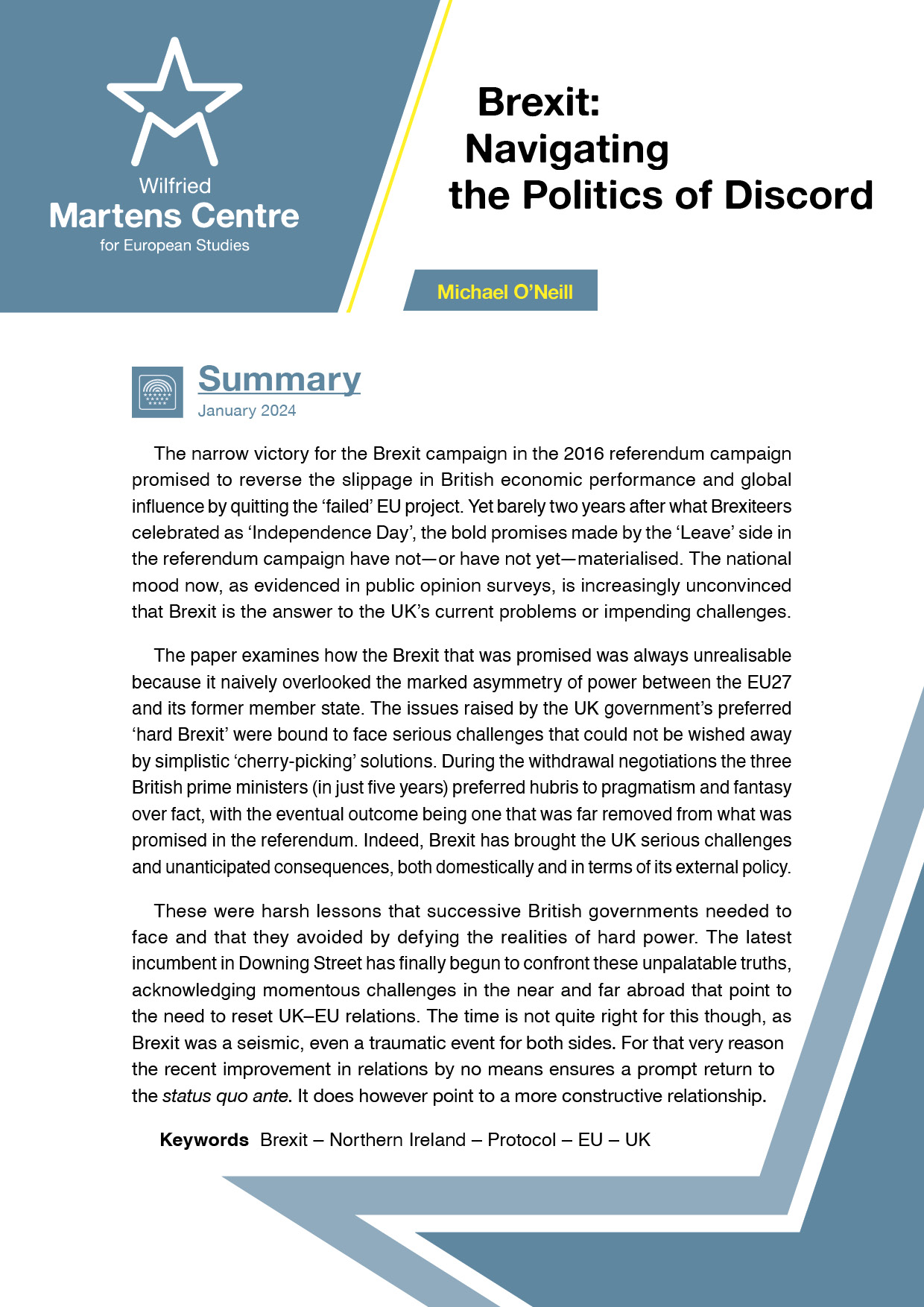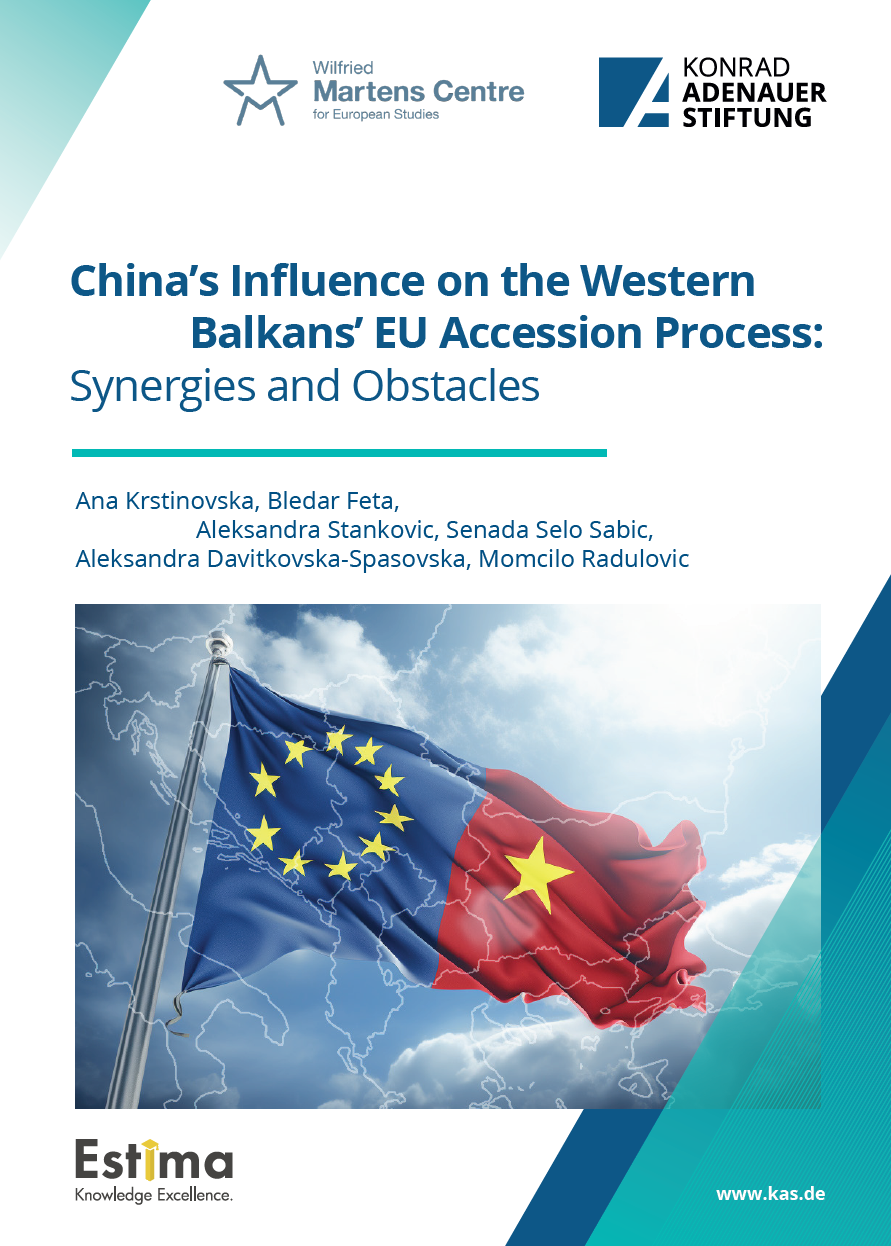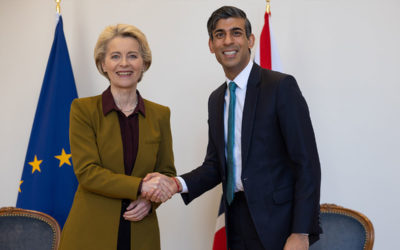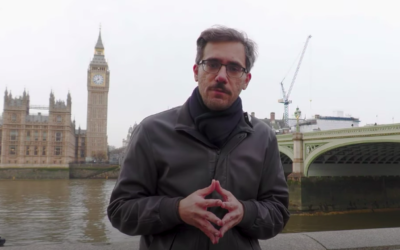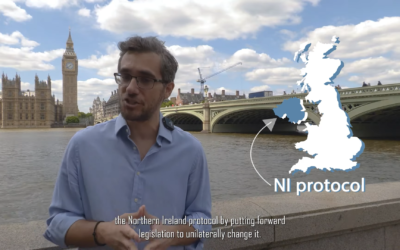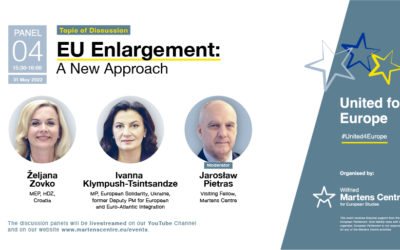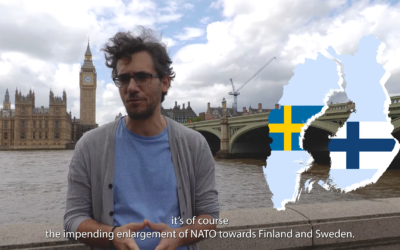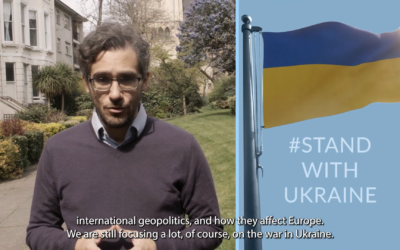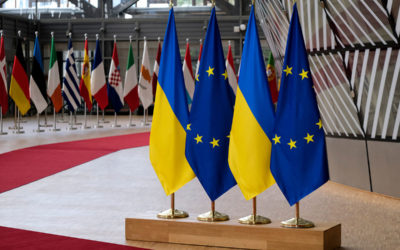Brexit: five ways it might affect the Eastern Partnership countries
12 July 2016
Everyone has the feeling that the UK referendum on EU membership was more than just merely a referendum. In search of the way out from what is now seen by many as a disaster, possible scenarios have been become blurred amid diverse and sometimes wild speculations, including the reversal of an actual Brexit process, dismantling the EU via ‘referenda spill-over’ by political extremists, equipping NATO with a new ‘European role’, among a multitude of other prospects.
Still, one thing is clear – the referendum has already profoundly affected the world’s political landscape, including that of the Eastern Partnership (EaP) countries, which are analysed much less in relation to the mess created by a potential Brexit. So how has the referendum influenced developments in EaP countries Ukraine, Moldova and Georgia?
First, the EU now even more dominated by the rather asymmetric German-French leadership will most probably demonstrate more caution regarding any radical change of the status quo. It will have less enthusiasm on enlargement and greater engagement with the Eastern neighbourhood. Populists play not only with the fear of migration, but also enlargement.
Furthermore, the new security strategy of the EU simply pays lip service to the notion of the European Neighbourhood Policy (ENP). An astute eye can see in this that the Union has given up on the application of its transformative and democratising effort, and instead opts to increasingly rely on the resilience of the EaP countries. In other words – they have to take care of themselves.
Second, despite Putin’s denial that he had nothing to do with the results of the Brexit referendum, hardly accepted for face value by anyone after so many lies and deceptions, there is little doubt that, whether genuine or opportunist, Russophiles gloated over the referendum’s outcome. The leverage of pro-Russian forces is also expected to rise in Moldova, Ukraine and Georgia, as the EU’s soft power is weakened.
In the case of Georgia this would also mean the strengthening of pro-Russian parties, for Ukraine this would mean strong disappointment on part of the public who would realise there is now even less probability of the full implementation of the Minsk Agreement, not to mention the return of Crimea; Moldova most probably will intensify its ‘normalisation’ process with Russia in reality leading to rapprochement, as the country is in urgent need of financial support.
Third, Britain’s departure will not be a zero-sum game but will mean an essential economic loss for both the EU and the UK. Financial resources at the disposal of the EU will diminish, therefore the Union will have to reconsider the scale of financial support to the EaP countries. The remaining 27 countries will be more cautious if not parsimonious in spending money for such programmes, and sooner or later EU development cooperation instruments for the EaP will be revisited and revised, although most probably not towards an increase.
Fourth – the security of Ukraine, Moldova and Georgia will become an issue. Brexit implies the loss of EU credibility in particular in the eyes of its neighbourhood, but also the reduction of its influence and leverage. Therefore a feeling of insecurity will rise among these EaP countries, which host an unfortunate burden of frozen conflicts, such as Transnistria (Moldovan territory – a self-declared state at the Ukrainian border), Abkhazia and South Ossetia (Georgian territories occupied and recognised by Russia) and Crimea – relatively new but not the final adventure of Russia.
On all these conflicts where Russia has her grip, this is expected now to tighten further, in addition to testing NATO’s vulnerable points and resolve in other places.
Finally, the Brexit referendum has put a big question mark on the political rationale and attractiveness of democratic transition and the Europeanisation process in Ukraine, Georgia and Moldova. The rivalry between the modernisers still believing in the European model, and the traditionalists and pro-Russian reactionaries pointing toward the failure of the European project, might turn dangerous.
However, in the case of the three EaP countries the situation may become even worse due to the deeply rooted mistrust toward the political class and massive anti-western propaganda that has now gained the new fodder with the Brexit.
While being in the middle of democratic transition, if they feel that the EU has given up on its transformative power and withdrawn, this may unleash an unhappy scenario when Moldova, Ukraine and Georgia might find themselves abandoned in the ‘middle of nowhere’, while under the permanent threat and pressure for the resurgent and increasingly imperialist Russia.
To sum up, the Brexit scenario, even before it happens, may damage and hurt the three aspiring pro-western states in the Eastern Neighbourhood, leaving them more insecure, with less support, and even worse, with less public enthusiasm to continue to move along the path of Europeanisation.
This will have a rather negative impact on both their internal policies in these countries, weakening the appeal of democratic, free-market, European model of development, and on the other hand, on their foreign policies, as they will have to look for ways of how to deal with the existential threats emanating from Russia.
The only hope is that on one hand a reformed EU will still care to help its eastern neighbours; and on the other, that the US and NATO, as well as the UK (whether within or without of the EU) will do their best to compensate for potential losses in terms of support and security.
ENJOYING THIS CONTENT?




